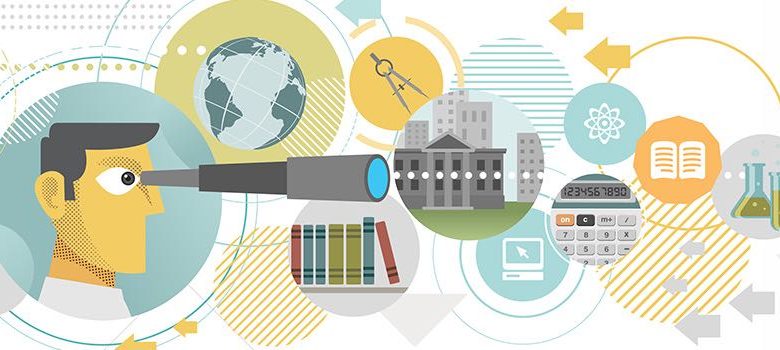
Lawrence Summers, the former Secretary of the Treasury, paused before he gave his judgment on the impact of digital technology on jobs and work. At some level, he did not have much new information to impart. We have been debating the impact of computers and software for more than sixty years and have yet to determine if these technologies replace human workers and thereby decrease the number of jobs, or actually expand the economy and increase the demand for workers. In that pause, Summers appeared to be preparing to give his view on this issue, but quickly revealed that he was attempting to shift the center of discussion. In the end, he said, we may discover that international trade has been far more disruptive than computing technology.
If you are not familiar with the distinction, common in Washington, between fighting to control the center of a debate in comparison to fighting to shift the center of the debate, than such a statement may seem odd. However, in Washington we face two kinds of political debates. The first is the debate to control the center of the discussion. This kind of debate is the debate for control. You win this kind of debate by showing that you best represent all sides of the discussion, that you can include people with diverse opinions, and that you have the skills to manage the problem.
Engineers generally feel comfortable with a debate for controlling a political center because it is similar to the kind of discussion they have when they are creating a standard or managing a large complex system. However, most political debates in Washington are not debates to control the central ground of an issue “ they are fights to control where that central ground lies.
Certainly Summers knows the power of digital technology. He would concede that digital technology and digital communications had radically changed our world. However, he wasn’t interested in making that point. He wanted to shift the discussion from the subject of technology to that of economics. When you define an issue as a technological problem, you approach it with one set of concepts and tools. When you define that same subject as an economic issue, you approach it with very different concepts and tools. Summers didn’t want to talk about technological education programs, re-engineering the workplace, or computer systems for new organizations. He preferred to talk about a plan for the solution that involved markets and market rules, financial incentives to encourage people to pursue innovative goals, and penalties for those who move in other directions.
Summers received an approving response from the audience. His audience was primarily one of economists. They had gathered in the Washington Press Club on a cold February day to listen to a discussion on the future of work. Like the speaker, they were more interested in considering economic strategies than about the organizational impact of technology. By the time the discussion moved to questions from the audience, the center of the topic was firmly grounded in the subject of economics. The audience asked about regional economic development, the value of trade agreements and the possibility of a truly global workforce. The problems of educating that workforce, or designing tools to support that workforce or even the social needs of that workforce were never raised.
When you are fighting to move the center of a debate, you are not really fighting to be a leader. By trying to redefine the issue under discussion, you may be alienating potential supporters by suggesting that they have nothing to add to the conversation. Indeed, Summers had little interest in trying to devise a plan for the future of work. He merely wanted to restrict the discussion to economists. If others wanted to contribute their ideas to a strategy for the future of work, they would need to re-center the discussion so that the ideas of educators or social workers or engineers is again part of the debate.
David Alan Grier is a former president of the IEEE Computer Society and is an associate professor at the Center for International Science and Technology Policy of the George Washington University.






